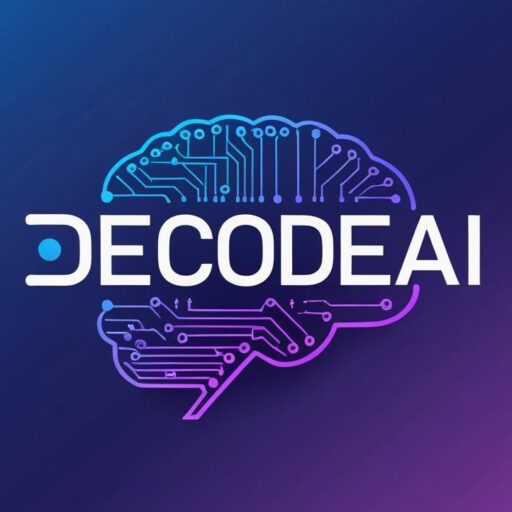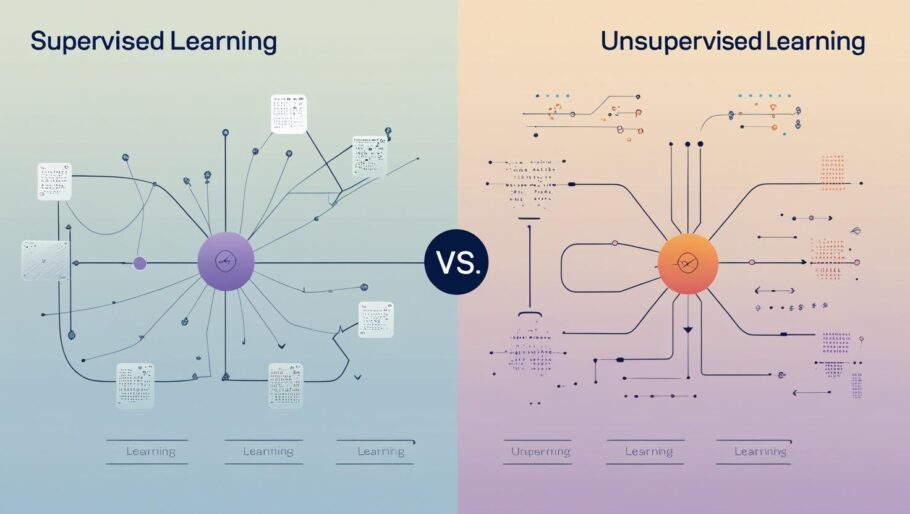Contents
Supervised vs Unsupervised Learning
Introduction
Machine learning (ML) is revolutionizing industries, from healthcare to e-commerce. Two core approaches to teaching machines are supervised and unsupervised learning. Understanding the differences between these learning methods is essential for anyone exploring artificial intelligence and data science.
What Is Supervised Learning?
Supervised learning involves training a machine using labeled data. That means each input data point is paired with a known output. The model learns by comparing its predictions against the actual answers and adjusting accordingly.
Common Algorithms:
- Linear Regression
- Decision Trees
- Support Vector Machines (SVM)
- Neural Networks (for classification)
Examples:
- Spam detection in emails
- Predicting house prices based on features
- Diagnosing diseases from labeled medical data
What Is Unsupervised Learning?
Unsupervised learning uses input data without labeled responses. The goal is to find hidden patterns, groupings, or structures within the dataset. It is especially useful for data exploration, segmentation, and dimensionality reduction.
Common Algorithms:
- K-Means Clustering
- Hierarchical Clustering
- Principal Component Analysis (PCA)
- Autoencoders
Examples:
- Customer segmentation in marketing
- Grouping similar documents or products
- Anomaly detection in network traffic
Key Differences at a Glance
| Feature | Supervised Learning | Unsupervised Learning |
|---|---|---|
| Data Type | Labeled | Unlabeled |
| Goal | Predict outcomes | Discover structure |
| Example Task | Classification, Regression | Clustering, Association |
| Output | Known labels | Groups or patterns |
Which One Should You Use?
If your data includes labels or known outcomes, supervised learning is ideal. It’s perfect for tasks where predictions matter. On the other hand, if your goal is to explore or understand your data, especially when labels are unavailable, unsupervised learning is the right choice.
Conclusion
Supervised and unsupervised learning are two powerful approaches in the world of machine learning. Each has its strengths and use cases. By understanding the difference, you can choose the right technique for your AI project and unlock deeper insights from your data.

